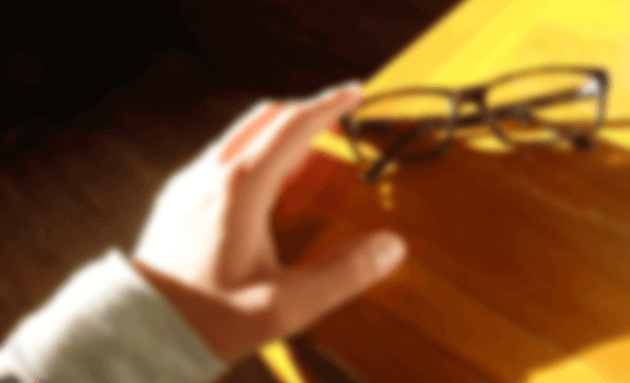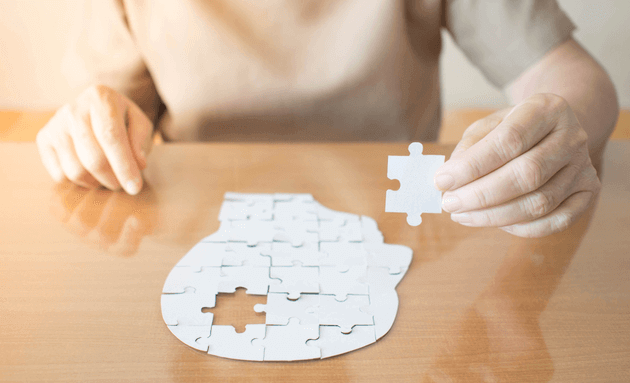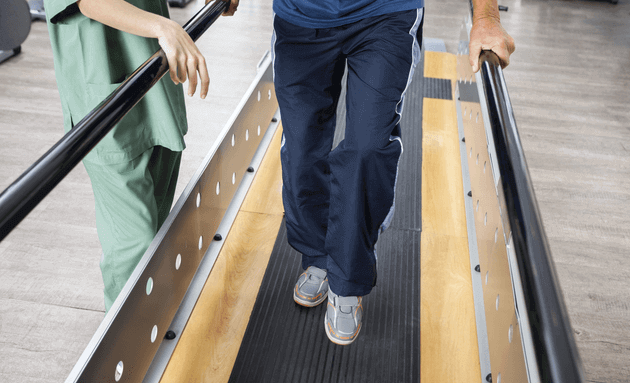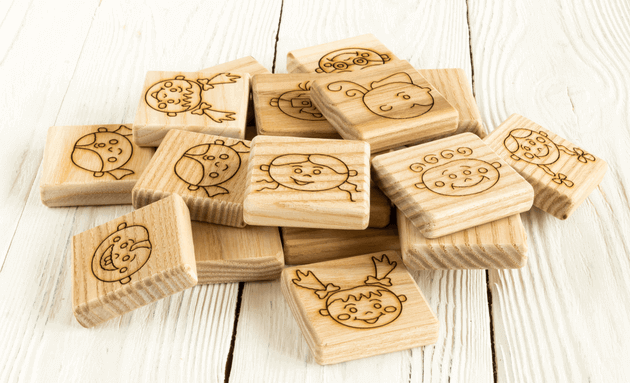A Guide to Concussions and Brain Injuries
Our brain is a gelatinous mass, cushioned in cerebrospinal fluid (meninges) inside your skull. A concussion occurs when your brain hits your skull, even if there has been no visible collision with an external object or force. The impact with the skull can cause the brain to twist or even rebound against the other wall of your skull. Your brain cells twist and stretch, blood vessels leak, and the chemicals your brain uses to communicate randomly dumps itself in spaces between your brain cells. It leads to dampening of electrical activity and elicits a period of lowered activity in your cells, as well as reduced blood flow in the brain.
Symptoms of a Brain Concussion Are:
- Loss of consciousness
- Slow movement
- Balance issues
- Disorientation and blankness
- Poor retention
- Piercing headaches
- Attention deficiency
- Frequent mood swings and episodes of anxiety and depression
Activities that require cooperation across larger parts of the brain, like balance, is generally most affected by a brain concussion. Issues like poor retention and loss of memory are mostly due to a problem in the functioning of the hippocampus, a seahorse-shaped section of your brain, which is responsible for the consolidation of information and memories (long term and short term).
Brain Concussions and Your Vision

Most people who suffer from brain concussion or a severe brain injury will suffer from vision problems. Detailed symptoms include:
- Blurry vision
- Reading difficulties
- Light sensitivity
- Peripheral vision loss
- Difficulty with eye movements
- Double vision

When our visual system doesn’t work properly, it leads to many challenges in our day-to-day activities (reading, driving, working). A brain concussion can often affect your vision by damaging parts of your brain that is involved in visual processing and perception (such as the occipital lobe, cranial nerves, optic nerve). You may have problems reading or doing other activities because
- Close objects may look blurry some or all of the time.
- It may take longer than is typical to focus when looking up from reading.
- Printed letters or numbers and other objects may look as if they’re moving.
- It may be difficult to read a computer screen.
You may also experience discomfort in places with too much light or loud, throbbing music. Your eyes may ache and tear up sooner than before, with problems in-depth perception and balance.
Brain Concussions and Your Memory

Our memory is the sum total of what we remember and helps us adapt to our present. It is our ability to encode, store, retain, and recall information and events that have occurred in our lives. A brain concussion can affect your memory, both in the long and short-term.
When the brain suffers a concussion, it may not be able to remember newly administered events or information and is the most common type of memory loss problem. However, severe brain injury can damage your hippocampus (the area responsible for memory consolidation and data retention). This can often lead to long-term memory problems that can severely affect your ability to store and recall memories.
Brain Concussions and Balance

More than 65% of people who have experienced a brain concussion or a traumatic head injury have experienced problems in balancing themselves while sitting, walking, or any other daily activities. Loss of balance or disequilibrium is a common symptom of brain injury treatment and during recovery. Your ability to maintain balance depends on factors like physical strength and coordination, your senses, and your thinking (cognitive) ability.
Vision problems, medications, vestibular impairments (inner ear problems), sensory impairments, brainstem injury (a traumatic injury to the brainstem and cerebellum - parts of the brain that control movement), and anxiety issues are the major causes of disequilibrium after a brain concussion or injury.
Does Brain Concussion Affect Your Intelligence?
A brain injury or a concussion doesn’t affect a person’s intelligence. However, other functional aspects of the brain are affected, which makes it difficult for people to process, analyse, recall, retain, or perform actions that they would have done easily prior to the injury.
What Are the Long-term Effects of a Brain Concussion?
Although most people recover after a mild brain concussion, severe head injury or trauma can lead to long term effects such as:
-
Light sensitivity or photophobia
-
Dizziness or vertigo
-
Mental health issues like depression, anxiety, and loss of confidence/self-worth
-
Chronic Traumatic Encephalopathy (CTE) which is a degenerative brain disorder
-
Diseases like Alzheimer’s and Parkinson’s
Recovery and Long-term Impact of a Brain Concussion

The late novelist and poet Roald Dahl suffered from a brain injury while he was serving as a fighter pilot during World War II. People have said they feel personality changes and emotional changes while recovering from a traumatic brain injury. But little is known if these feelings of change come from isolating oneself, and or due to changes in the abilities to function or perform daily activities.
Many patients go through emotional upheavals and they tend to lock themselves up, succumbing to feelings of worthlessness. However, doctors argue that it’s best to gradually return to usual activities, but in moderation to avoid the feelings of lack of self-worth.
Memory exercises, therapy, and support from your doctors, friends, and family can help you heal from a brain concussion. People usually take a few days to months to recover fully, depending on the severity of the injury.
Recent studies and research are trying to find more ways to relieve symptoms of brain injuries and concussions, and trying to find out if a person has suffered from CTE or not. A recent study suggests that magnetic stimulation may help in achieving equilibrium after a concussion.
A concussion is a major health concern affecting millions of people every day, especially people who are into contact sports, or are a victim of road accidents or are in the defence forces. However, with the right treatment, help and support, one can recover from brain trauma.






